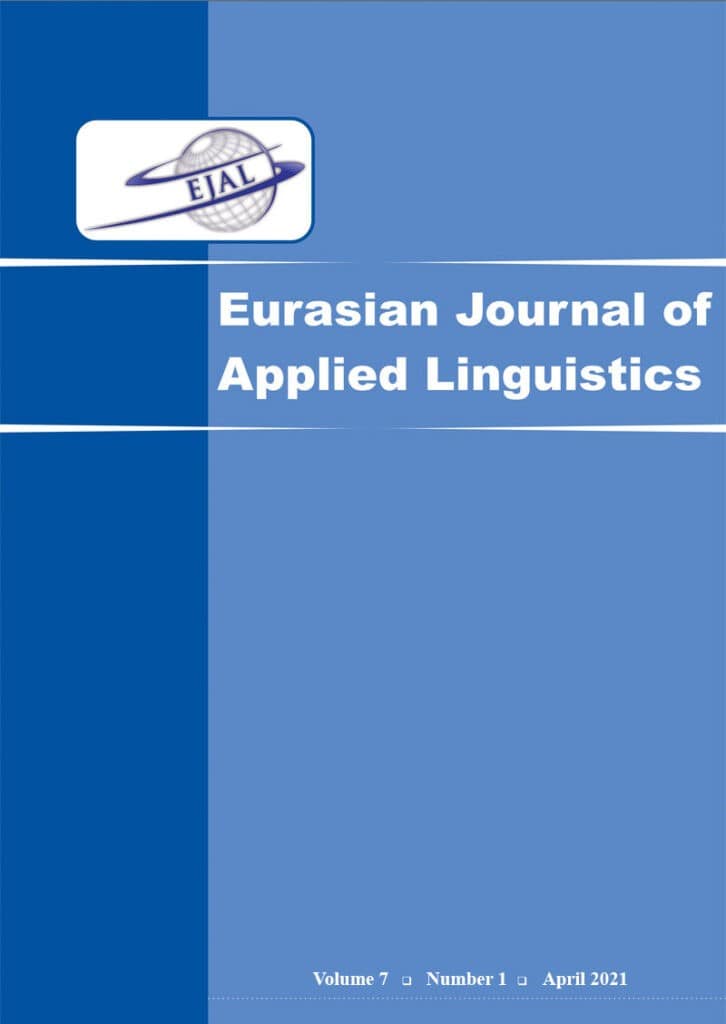Supakorn Phoocharoensil
Thammasat University
Thammasat University
Keywords: Semantic prosody; collocation; near-synonymy; corpora; COCA
Abstract
Near-synonyms in English often cause considerable confusion among EFL students. This study aims to clarify this confusion through a corpus-based investigation of the target synonymous verbs persist and persevere with focus on distribution across genres, collocations, and semantic preference/prosody. The results, based on the Corpus of Contemporary American English, reveal that persist and persevere occur with the highest frequency in academic texts and webpages, respectively. Despite similarities in cognitive meanings, the two synonyms co-select different sets of collocations. An analysis of the semantic prosody suggests that while persist tends to co-occur with words or phrases that express negative meanings related to continual unpleasant situations, the co-occurring lexical items around persevere denote strong determination and great effort in completing a difficult task. Moreover, although it is stated in a learner dictionary that persevere is used only as an intransitive verb, corpus evidence proves that this verb can also be used transitively. It is recommended that corpus data be incorporated in vocabulary instruction, alongside learner dictionaries, the former of which can provide more authentic linguistic information on collocational and grammatical patterns.

